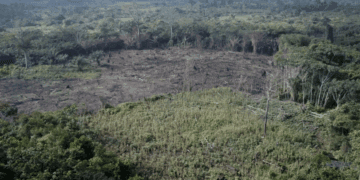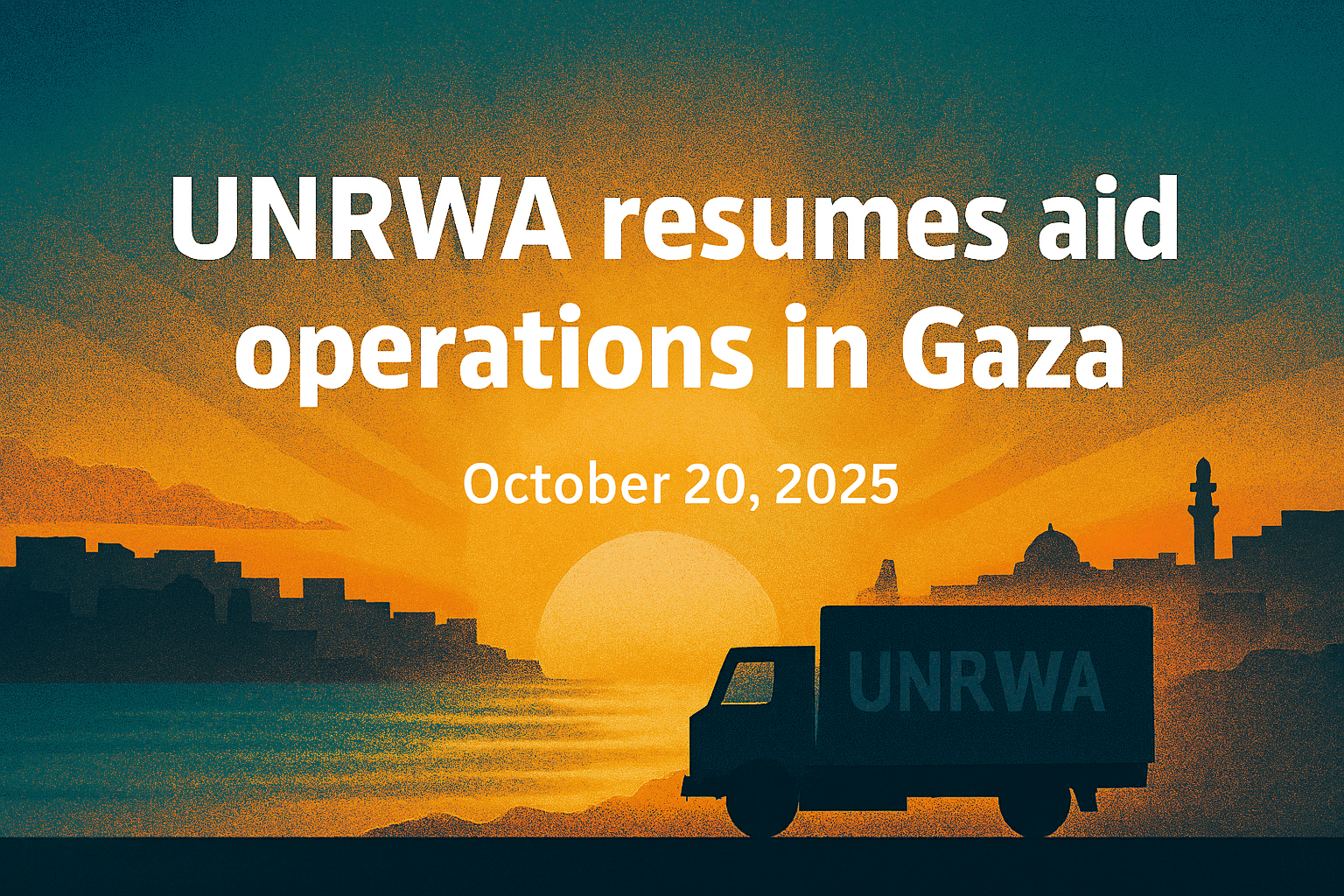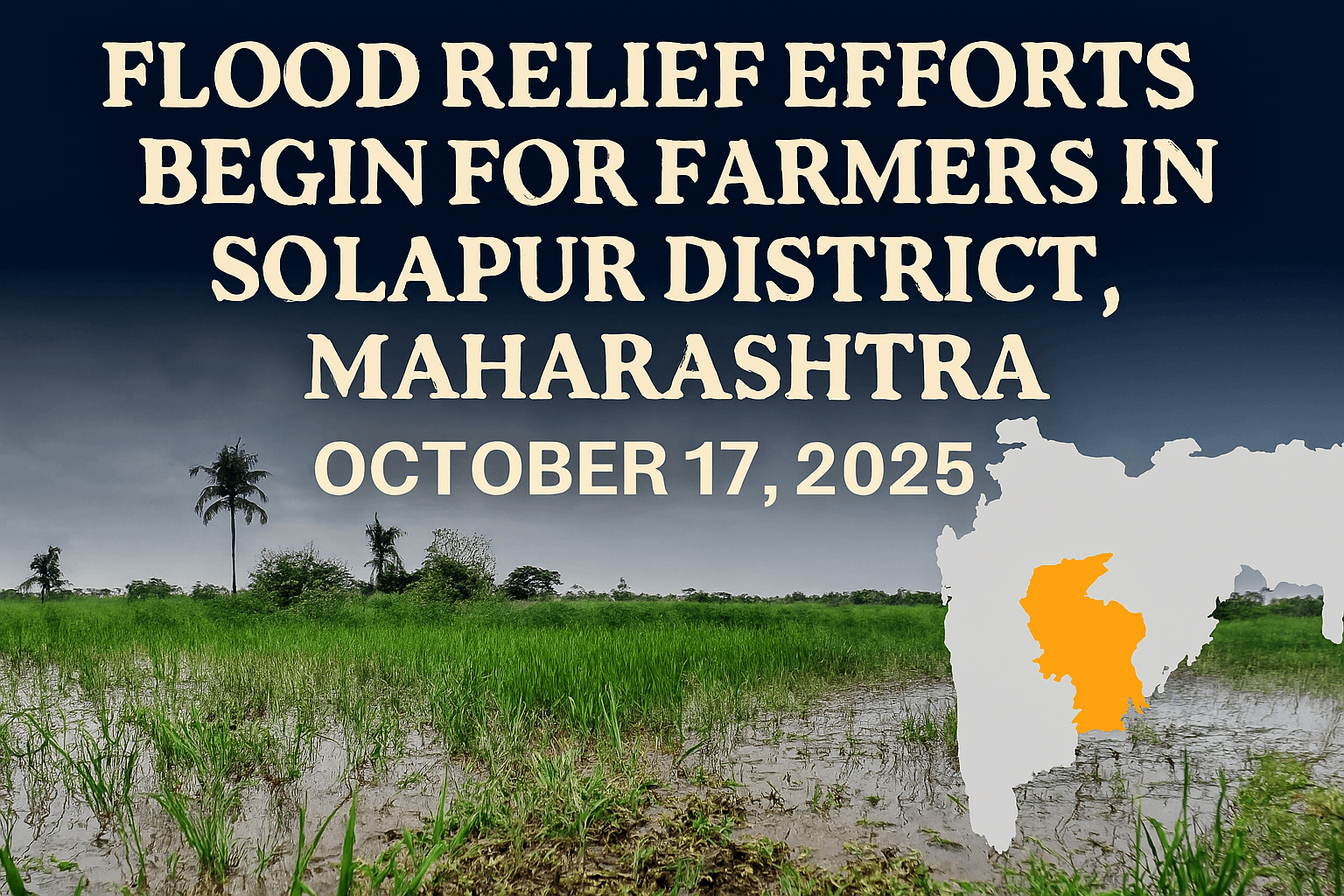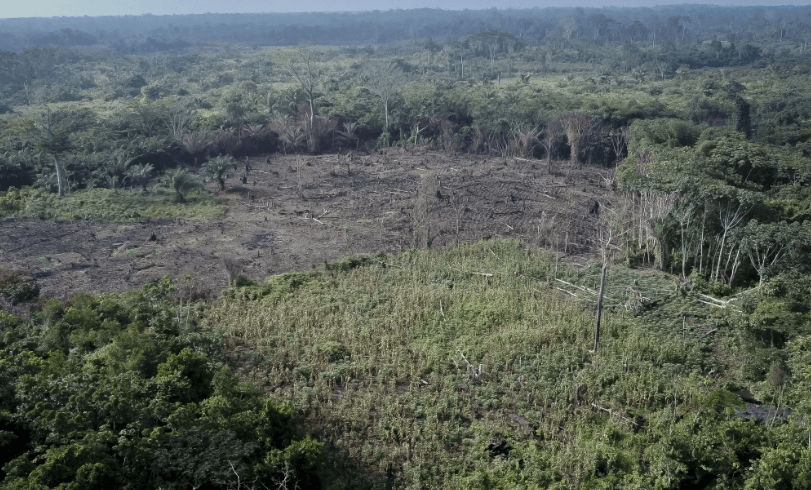Despite global pledges and sustainability campaigns, deforestation surge at an alarming rate. In 2024 alone, over 6.7 million hectares of tropical forests were lost, with the Amazon basin accounting for nearly 40% of that destruction. This environmental crisis is not just a regional issue—it’s a global emergency with far-reaching consequences for climate stability, biodiversity, and indigenous communities.
The Numbers Behind the Crisis
- Brazil: 2.8 million hectares lost in 2024
- Indonesia: 1.1 million hectares cleared for palm oil and mining
- Congo Basin: 900,000 hectares deforested, mostly illegally
- Global Total: 6.7 million hectares of forest cover vanished
These figures represent a 12% increase compared to 2023, despite international agreements like the Glasgow Leaders’ Declaration on Forests and Land Use.
Causes of Deforestation
Several factors contribute to this surge:
- Agricultural Expansion: Soy, palm oil, and cattle ranching continue to drive forest clearance.
- Illegal Logging: Weak enforcement and corruption enable timber mafias to operate freely.
- Mining & Infrastructure: Roads, dams, and mineral extraction projects cut deep into forest ecosystems.
- Climate-Induced Fires: Rising temperatures and droughts make forests more vulnerable to wildfires.
Impact on Biodiversity
Deforestation is pushing thousands of species toward extinction. The Amazon alone is home to:
- 10% of all known species
- Over 16,000 tree species
- More than 400 indigenous communities
Loss of habitat leads to ecosystem collapse, genetic bottlenecks, and irreversible damage to the planet’s biological heritage.
Climate Consequences
Forests act as carbon sinks, absorbing CO2 and regulating global temperatures. Their destruction accelerates climate change:
- Carbon emissions from deforestation in 2024: 2.3 gigatons
- Global temperature rise risk: +0.3°C by 2035 if current trends continue
- Rainfall disruption across South America, Africa, and Southeast Asia
Policy Failures & Global Inaction
Despite pledges at COP26 and COP27, enforcement remains weak. Key failures include:
- Lack of binding international enforcement mechanisms
- Insufficient funding for forest protection
- Greenwashing by corporations and governments
Even countries with strong environmental laws often fail to implement them due to political pressure or economic incentives.
Tech & Innovation: Can It Help?
Emerging technologies offer hope:
- Satellite Monitoring: Real-time forest tracking via AI-powered platforms
- Blockchain: Transparent logging records and land ownership verification
- Drones: Surveillance and reforestation seed deployment
However, adoption is slow and often limited to pilot projects.
Global Response: What Needs to Change
Experts recommend a multi-pronged approach:
- Strengthen international forest treaties with enforcement clauses
- Redirect subsidies from deforestation-linked industries to green alternatives
- Empower indigenous communities with legal land rights
- Promote sustainable agriculture and eco-certification
International Pressure Mounts
Global institutions like the United Nations and World Bank are urging immediate action to curb deforestation. Recent reports highlight that unchecked forest loss could derail the Paris Agreement targets and worsen climate-induced migration. Countries like Norway and Germany have pledged billions toward forest conservation, but implementation remains patchy. Meanwhile, corporations face mounting pressure from consumers to adopt deforestation-free supply chains. The urgency is clear: without coordinated global effort, the planet’s ecological balance may tip irreversibly. Forests are not just carbon sinks—they are lifelines for millions. Protecting them is no longer optional; it’s a survival imperative.
Voices from the Ground
Indigenous leaders and environmental activists are raising alarms:
“We are not just losing trees—we are losing our culture, our medicine, our future.” — Maria Tavares, Amazonian activist
Grassroots movements are demanding accountability and transparency from governments and corporations alike.
What You Can Do
As a reader, you can contribute by:
- Supporting verified reforestation projects
- Reducing consumption of deforestation-linked products (e.g., palm oil, beef)
- Sharing awareness and pressuring policymakers
Conclusion
The deforestation surge is a wake-up call for humanity. Without urgent action, we risk destabilizing the planet’s climate, losing irreplaceable biodiversity, and undermining the rights of indigenous communities. The time to act is now—before the green lungs of Earth collapse beyond repair.



















